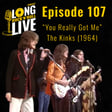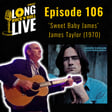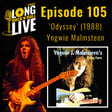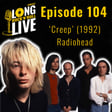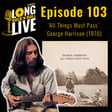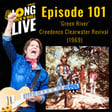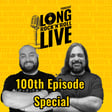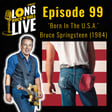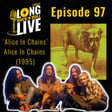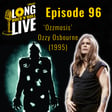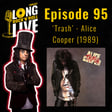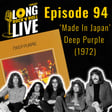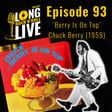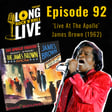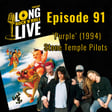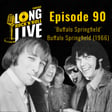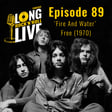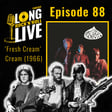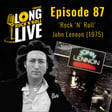
102. 'Whole Lotta Love' - Led Zeppelin (1969)
Fresh from the success of their debut album, Led Zeppelin unleashed the iconic “Whole Lotta Love” onto the world. Little did they know, this experimental, almost chaotic journey would become a cornerstone of rock history – what began as a blues-inspired riff, transformed into an explosive rock journey that would put the name Led Zeppelin and their groundbreaking sound on every music fan’s lips. With its iconic Jimmy Page riff, Robert Plant's primal vocals, and that infamous psychedelic mid-section, “Whole Lotta Love” defied expectations, becoming a defining anthem of the band and a landmark in Rock music.
Episode Playlist: https://open.spotify.com/playlist/7Kt71PZYEkVIaqnFWqDhEU?si=b9fae7e8bf554037
* Follow Long Live Rock 'N' Roll online: https://linktr.ee/longlivernrpod
* Get in touch and/or leave us a review: longliverocknrollpodcast@gmail.com
* Listen & Review us on Apple: https://podcasts.apple.com/gb/podcast/long-live-rock-n-roll/id1581139831
* Listen & Review us on Spotify: https://open.spotify.com/show/2wZW1BYAw9wJ6Z5blo2uGj
